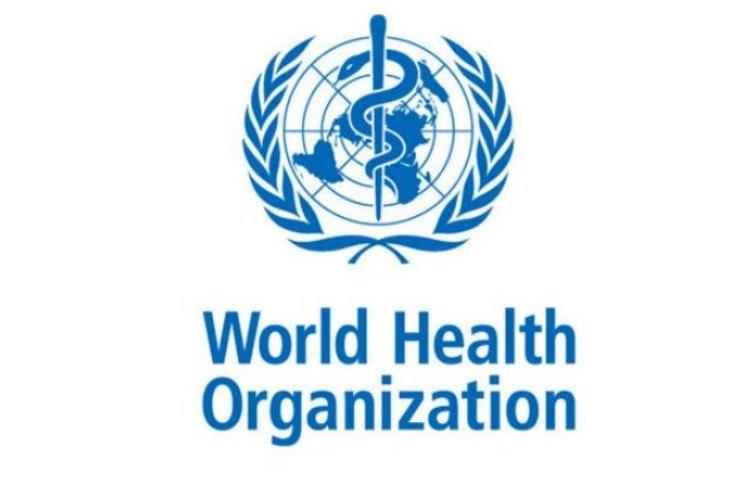
With nearly 18 million cases worldwide and still counting, the coronavirus pandemic does not seem to stop its rampage across the globe even after seven months of savagery. With the last such pandemic in living memory affecting people at this scale occurring a century ago in 1918, scientists and health experts across the globe are struggling to make sense of the deadly virus and find a cure for 7.2 billion people on this planet. To add to the already tensed state of affairs, the World Health Organization on Friday said that given the potency of the virus, it is highly likely that the effects of the disease will be felt even decades later. The WHO said that effects of the coronavirus pandemic would be felt for decades after its emergency committee took stock of the situation around six months after sounding its alarm for the first time over the outbreak. "It�s sobering to think that six months ago, when you recommended I declare a public health emergency of international concern (PHEIC), there were less than 100 cases and no deaths outside China. The pandemic is a once-in-a-century health crisis, the effects of which will be felt for decades to come,� WHO chief Tedros Adhanom Ghebreyesus said. The pandemic has so far killed over 680,000 people and infected at least 17.7 million after breaking out for the first time in China last December. It is highly likely that the WHO will maintain its pandemic's status as a Public Health Emergency of International Concern (PHEIC) its highest level for an alarm which was first declared on January 30. The global health watchdog has been severely criticized for the amount of time it took to declare the pandemic an international emergency. The US accused the organisation of being �close� to China and withdrew its funding from the organisation in July. �Early results from serology studies are painting a consistent picture: most of the world�s people remain susceptible to this virus, even in areas that have experienced severe outbreaks. Many countries that believed they were past the worst are now grappling with new outbreaks. Some that were less affected in the earliest weeks are now seeing escalating numbers of cases and deaths. And some that had large outbreaks have brought them under control,� Tedros said.
 Over 60 foreign delegates reach Bharat Biotech facility in Hyderabad that is developing Covid-19 vaccine
Over 60 foreign delegates reach Bharat Biotech facility in Hyderabad that is developing Covid-19 vaccine
 Delhi makes COVID-19 test mandatory for travellers from Maharashtra, Kerala, Chhattisgarh, MP and Punjab
Delhi makes COVID-19 test mandatory for travellers from Maharashtra, Kerala, Chhattisgarh, MP and Punjab
Leave a comment: (Your email will not be published)